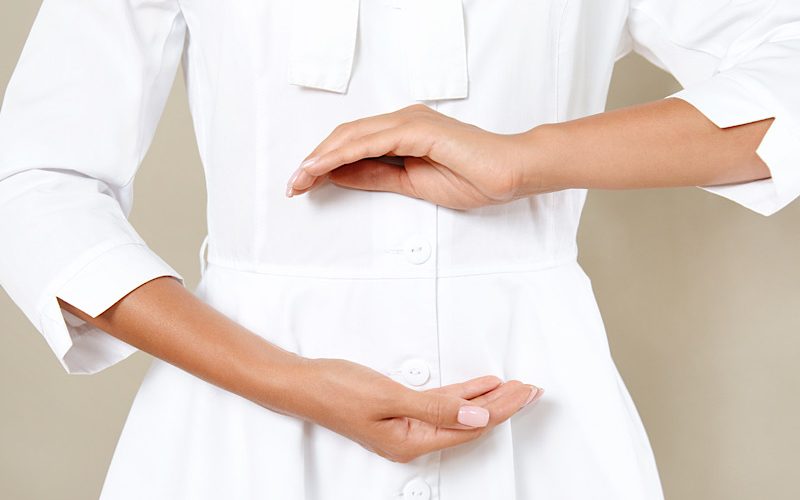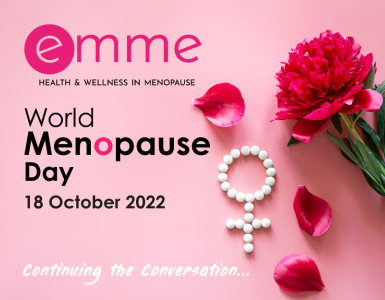By Miguel Toribio-Mateas DProf (c) MSc BSc (Hons) MRSB
There are trillions of microbes living in our gut. We refer to them as “the microbiome”, a term that also includes their genetic material
Microbiome scientists – me being one of them – are starting to realise of the important the diversity of our microbiome has for our overall health. The bugs that we host in our gastrointestinal tract help us maintain the integrity of our gut, break down complex carbohydrates and essential fatty acids to improve energy extraction from food, produce vitamins and minerals, aid in digestion and absorption, ferment dietary fibres and protect us against opportunistic bacteria and parasites. Achieving and maintaining harmonious diversity of our microbiome is crucial for disease prevention and healthy ageing, particularly leading to, during and post-menopause because of the additional role of gut microbes in the breakdown of oestrogen, and the repercussions of oestrogen metabolism on women’s health as they transition through this all-important time of your lives.
Oestrogen is a hormone tasked with preserving metabolic health
It helps women keep close to their ideal weight by improving insulin sensitivity and glucose tolerance, which helps reduce abdominal fat. But oestrogen does much more than that. Oestrogen and 0estrogen-like compounds foster an environment that promotes the colonisation of women’s colons with beneficial lactic acid bacteria such a Lactobacilli and Bifidobacterium. In fact, research studies in both animals and humans show that oestrogen levels are associated with microbial diversity, and that as oestrogen production slows down, microbial diversity reduces.
Why is this relevant?
\A diverse microbiome is less likely to increase your chances of putting on weight by accumulating fat around the belly, buttocks and thighs. Conversely, a microbiome that’s “deranged” – a phenomenon known as “dysbiosis” has been seen as a key contributing factor to obesity. When gut microbes aren’t balanced, sugar and carbohydrate metabolism is affected so that we obtain more energy from the foods that you seek comfort in during a difficult you’re your mood, hot flashes and lack of restorative sleep makes you feel more drawn to calorie-rich foods.
In order to turn the tables and get your microbiome working for you, not against you, you need your microbiome to be as diverse as possible. So how do you do that?
Recent studies have pointed to the importance of fermented foods. My favourite ones are kefir, sauerkraut, kimchi, miso, tamari, kombucha. All of them help ramp of the diversity of your gut bugs, helping you optimise the breakdown of oestrogen in the gut so that the circulating free oestrogen levels are as good as they can be for you at your particular time in the menopause journey. Additionally, fermented foods help us keep pathogens (potentially harmful) bacteria at bay, supporting the role of oestrogen in keeping a balanced gut microbial ecosystem.
To enhance the job of fermented foods, add a diversity of different fibres to your weekly food shopping list
Think of flaxseeds, sunflower and pumpkin seeds, as well as mushrooms (all kinds, colours and shapes… bacteria love them!), leafy greens, beans, lentils, and whole grains such as barley and rye, ideally in a sourdough loaf. Recent clinical studies have shown that a diet rich in these foods favours richness in the colonies of beneficial bacteria, another key factor for gut health. Together, richness and diversity become the 2 pillars of gut health, which is the massive one pillar that you need to get right in order to optimise your hormonal and metabolic health.
As a tip, try to have 3 different vegetables daily from those you had the day before, plus 1 fruit
Add to those as many of the fermented foods I mentioned before, and diverse sources of fibre, even in small amounts, and you’ll be very likely to be making huge progress towards optimum natural management of your oestrogen levels via your microbiome. I wish you all the very best with it today, World Menopause Day, and all throughout your menopause journey.
For more scientifically robust information about gut health and microbiome join us for more on Emme Menopause over the coming weeks and don’t forget to follow Miguel on Instagram: https://www.instagram.com/miguelmateas/.
Miguel Toribio-Mateas. Clinical Neuroscientist
Clinical Neuroscientist. Gut Microbiome & Brain Health Expert at Emme Menopause
















